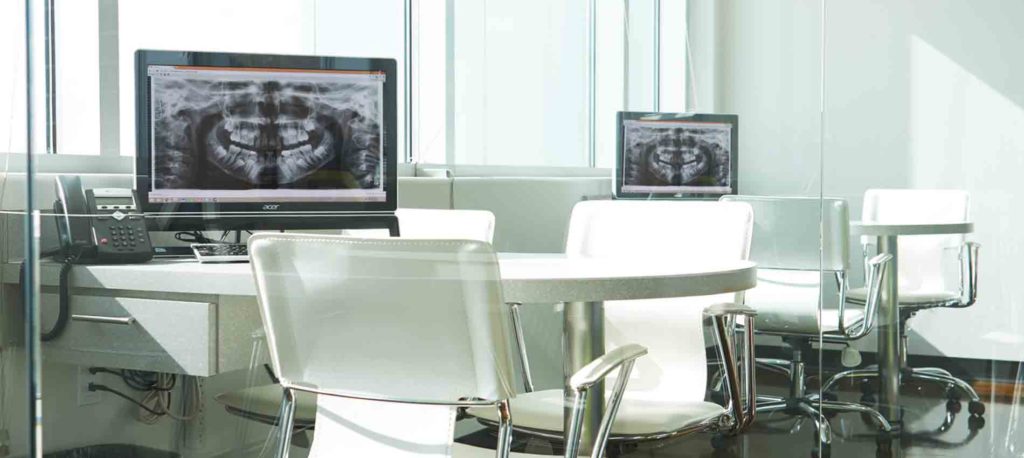Dental practice ownership comes with significant financial responsibilities. Beyond your home mortgage, you now manage commercial real estate expenses. On top of personal finances, you oversee business profit and loss statements. Instead of a single tax return, you're responsible for both personal and business filings.
Despite these added responsibilities, practice ownership offers substantial tax advantages that can significantly improve your financial position. We consulted Matt Peterson, CPA at Cain Watters & Associates (CWA), to identify the most valuable tax benefits available to practice owners. Matt, who spent nearly a decade at KPMG working with Fortune 1000 companies before joining CWA, highlights two primary advantages that can create significant financial impact.

1. Retirement-Based Tax Advantages
As a practice owner, you gain access to retirement contribution options far beyond what's available to associates. The most powerful of these is the ability to maximize your 401(k) through employer contributions.
How This Works:
- Practice owners with a 401(k) can make contributions both as an employee and as an employer
- The IRS sets contribution limits that are managed by a pension administrator
- The maximum contribution you can make depends on factors including staff size, compensation levels, and tenure
- While there are costs to set up and administer the plan, the tax savings typically exceed these expenses substantially
As Matt explains, "By owning your practice and properly structuring a 401(k) plan, you're essentially having tax savings subsidize your retirement."
Real Results: One of Matt's clients had operated a 401(k) plan for ten years, believing it was optimized. When Matt evaluated the plan, he discovered improper testing had cost the client $10,000-$15,000 annually in missed tax advantages. This single adjustment created immediate financial benefits.
2. Strategic Business Expense Classification
The second major tax advantage involves properly identifying business-related expenses that might otherwise be paid with after-tax dollars.

Key Opportunities:
- Spouse compensation: If your spouse provides consulting or operational support to your practice, they can be formally employed and compensated
- Travel and continuing education: Professional development trips can often be legitimate business expenses
- Meals and entertainment: Business development activities may qualify for tax advantages
- Technology and home office: Equipment and space used for practice management may qualify as business expenses
How to Implement This: Set up proper documentation and employment structures. For spousal employment, establish a formal role with a W-2 and appropriate payroll taxes. This not only creates tax advantages but also allows your spouse to participate in your retirement plan with additional 401(k) contributions.
Maximizing Your Tax Advantages
To fully leverage these tax benefits, you need the right team:
- A dental-focused CPA who understands practice-specific opportunities
- A skilled attorney for proper 401(k) plan setup
- Experienced pension administrators to ensure compliance and optimization
While practice ownership does create additional responsibilities, the tax advantages available can substantially improve your financial position compared to remaining an associate. With proper planning and expert guidance, you can turn these advantages into significant long-term wealth.
If you're looking to optimize your tax strategy as a practice owner, contact Practice Real Estate Group or reach out directly to Cain Watters & Associates, our trusted financial partner.
Note: This article provides general information and should not be considered tax or legal advice. Please consult with qualified financial and legal professionals regarding your specific situation.




